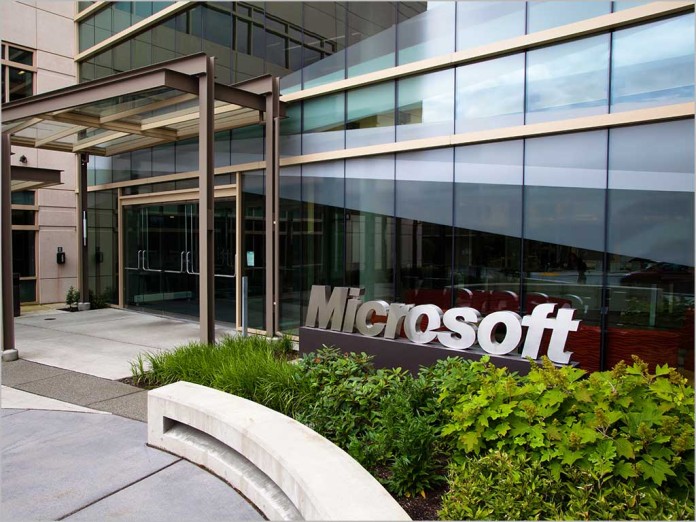
news A US Court has ruled that Microsoft cannot be forced hand over emails stored overseas even for domestic search warrants issued as part of criminal investigations.
In the case which was brought by Microsoft, the US Court of Appeals for the Second Circuit ruled in favour of the IT giant, overturning an earlier ruling from a lower court.
The case had centred around a warrant requesting that Microsoft hand over emails stored on a server in Dublin, Ireland, as part of a narcotics case.
Welcoming the 14 July ruling, Microsoft said the decision is important for three reasons:
“[I]t ensures that people’s privacy rights are protected by the laws of their own countries; it helps ensure that the legal protections of the physical world apply in the digital domain; and it paves the way for better solutions to address both privacy and law enforcement needs.”
The decision is a “major victory for the protection of people’s privacy rights under their own laws rather than the reach of foreign governments”, said the IT giant. The ruling, it added, “makes clear” that the US Congress did not give the government the authority to use search warrants unilaterally to reach beyond the country’s borders.
“As a global company we’ve long recognised that if people around the world are to trust the technology they use, they need to have confidence that their personal information will be protected by the laws of their own country,” said Brad Smith, Microsoft’s President and Chief Legal Officer in a company blog post.
Microsoft stressed its belief that while technology needs to advance, “timeless values” such as privacy and the proper rule of law need to endure.
“We hear from customers around the world that they want the traditional privacy protections they’ve enjoyed for information stored on paper to remain in place as data moves to the cloud. Today’s decision helps ensure this result,” the firm said.
The protection of privacy and the needs of law enforcement also require new legal solutions that “reflect the world that exists today”, Microsoft said. It should not reflect technologies that existed three decades ago when current law was enacted.
“We’re encouraged by the recent bipartisan support that has emerged in Congress to consider a new International Communications Privacy Act,” said Smith. “We’re also encouraged by the work of the US Justice Department in pursuing a new bilateral treaty approach with the government of the United Kingdom.”
The appeal ruling means it is “even more important” for Congress and the Executive Branch to work together to modernise the law, Microsoft said, adding that this would require both new domestic legislation and new international treaties.
“We should not continue to wait. We’re confident that the technology sector will continue to roll up its sleeves to work with people in government in a constructive way.
Microsoft added that it was grateful for the “broad support” of many others during the case. Support during the case included the filing of amicus briefs by 28 technology and media companies, 23 trade associations and advocacy groups, 35 computer scientists, and the government of Ireland.
“The enormous breadth of this support has been vital to the issue, and it remains so as we look to the future,” Smith said.
Image credit: Microsoft
